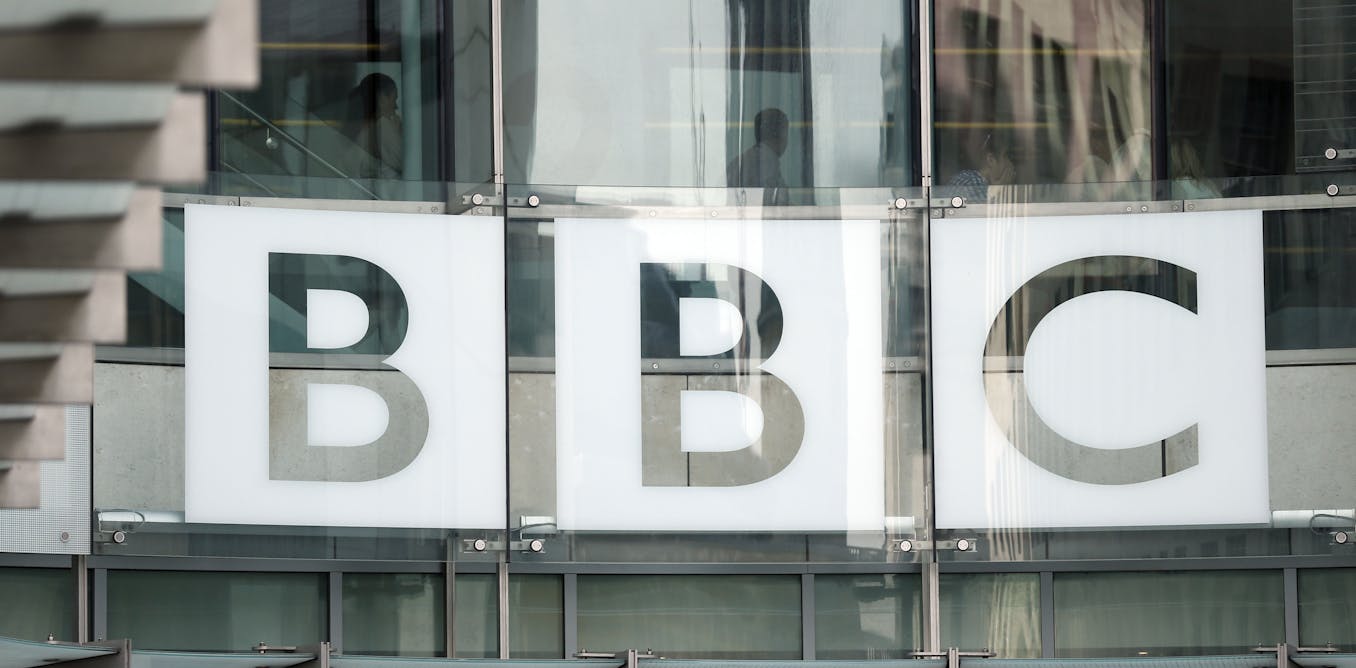
Hard evidence: what would tv look like without the bbc?
- Select a language for the TTS:
- UK English Female
- UK English Male
- US English Female
- US English Male
- Australian Female
- Australian Male
- Language selected: (auto detect) - EN
Play all audios:
Critics of the BBC argue that it distorts the UK’s media market, making it hard for commercial competitors to prosper and meet consumers’ needs. Their view is that viewers would be better
served if the BBC was smaller – allowing commercial broadcasters to expand – and showed only public service programmes that the market will not provide. But this is not what the numbers
suggest. On the contrary, our research suggests that cutting the BBC licence fee would reduce consumer choice and value for money, as well as greatly damaging UK programme producers. We
believe that without the BBC, the UK television industry’s revenue would most likely be lower. While there is a wide range of uncertainty that must be taken into account when making these
calculations, it is likely that total investment in programmes would be 5-25% lower and investment in new UK programmes 25-50% lower. This would be a severe blow, not just to viewers, but to
the UK television production industry as well. Our analysis is based on comparing the UK television market in 2012 with projections of what the market might have been like if there had been
no BBC TV and no licence fee. The net impact of BBC TV is the difference between the two. We developed two different scenarios: one highly optimistic from the industry’s viewpoint, and the
other highly pessimistic. DAMAGING LOSS The figure below shows what the overall revenue to the television industry would look like without the £1.6 billion portion of the BBC licence fee
revenue allocated to television content. Our pessimistic and optimistic projections of the percentage changes in these revenues if there had been no BBC give us the following ranges
(rounded): • Subscriptions: zero to +50% • Advertising: -15% to +25% • Other commercial revenue: zero to +30% The net effect of these changes, after allowing for the loss of BBC licence fee
revenue, is that compared with the actual situation in 2012 (with the BBC included), total TV industry revenue would be reduced by over 25% in the pessimistic scenario and increased by
almost 10% in the optimistic scenario. These projections are conservative, if anything. In performing these calculations we have accepted the claim made by so much of the commercial
television industry, that the BBC “crowds out” some of the investment in programming that would otherwise be made by commercial broadcasters. In fact, on balance, the evidence suggests that
the BBC probably forces commercial channels to spend more on programmes in order to attract viewers. If this is correct, losing BBC television would be even more damaging to viewers and
programme producers than the report projects. The estimates allow for uncertainties as to what effect removing the BBC would have on commercial broadcasters’ revenue, and uncertainties in
the percentage of that revenue they would invest in content in a market without the BBC. As the figures below suggest, removal of the BBC’s £1.6 billion investment in television content
would mean a net loss to the overall television market, but both commercial public service broadcasters (such as ITV or Channel 4) and especially other commercial broadcasters would be able
to expand to meet some demand from increased subscriptions and advertising. But the net effect on the investment on UK first-run content would be dramatic. None of the BBC’s critics argue
for the BBC to be abolished overnight, but many argue that it should be scaled back without providing any evidence that this would be better for the public. But our analysis suggests the
opposite: although scaling back the BBC would not be as bad as abolishing it, it would still have a detrimental effect on UK viewers and producers. SALAMI SLICING The scope of our report is
necessarily limited in two ways: firstly, it focuses solely on television, while in fact the licence fee also funds other services and activities such as radio, online services, the World
Service, S4C and broadband delivery. Of course, were there no BBC television and no licence fee, these other activities would also need to be cut or another way of funding them would have to
be found. We have also limited ourselves to assessing and discussing the BBC’s impact on the public as “consumers” rather than as “citizens”. So the BBC’s contribution to British culture,
society, the economy, child development, technology adoption and many other of those “citizenship” benefits are necessarily excluded. But ever in those limited terms a smaller BBC would be
bad for the public. Households would either have to pay slightly more for slightly less choice or pay slightly less for much less choice. Britain without BBC television would also be likely
to mean less money being spent on programmes overall – and far fewer new programmes would be produced, so viewers can look forward to TV schedules being packed with repeats and imports. The
idea of a future without BBC TV is not just a hypothetical scenario – it is the logical conclusion of the government’s current “salami-slicing” policy of freezing the licence fee and
diverting more and more of it to fund activities outside the BBC’s UK services – while the rest of the market keeps growing. If this policy continues – or even accelerates, as some are
advocating – within a generation the BBC will be reduced to a minor sideshow, the UK equivalent of PBS (the Public Broadcasting Service) in the United States. ------------------------- _Hard
Evidence is a series of articles in which academics use research evidence to tackle the trickiest public policy questions._